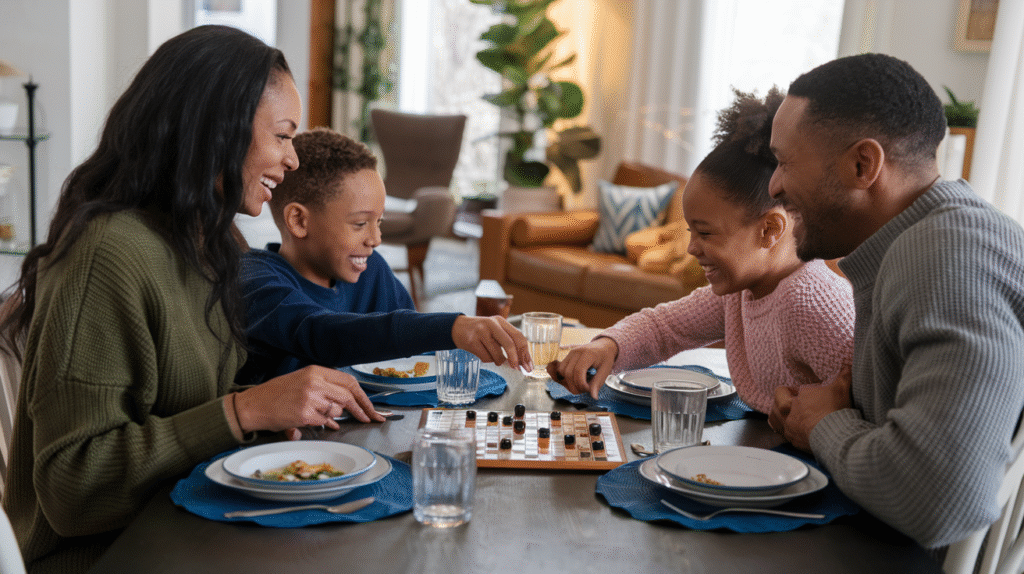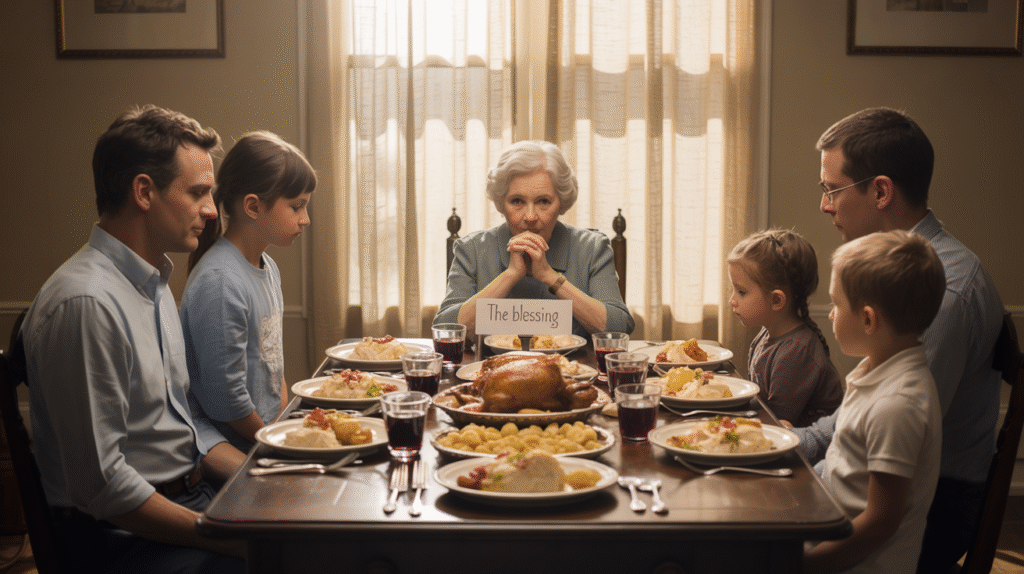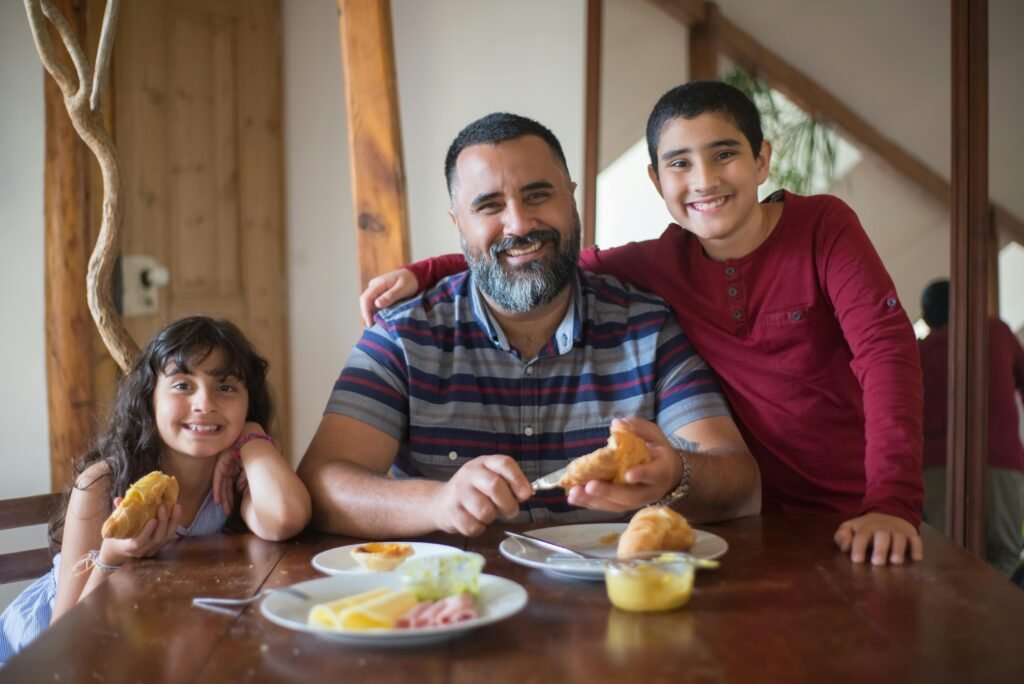
Have you ever found yourself staring at an unanswered text from someone you hurt? Maybe it’s been days. Or months. Or years.
The silence is deafening, isn’t it?
When words fail and apologies fall flat, sometimes the most powerful reconnection happens through your hands. A handmade gift speaks volumes where explanations and justifications can’t reach.
People underestimate how handmade gifts can mend a broken relationship. That carefully crafted item embodies time, thought, and vulnerability – the exact ingredients missing when relationships fracture.
But here’s what most “make-up gift” advice gets wrong: it’s not about the finished product at all. The magic lies somewhere else entirely.
Understanding the Power of Handmade Gifts

The Psychology Behind Giving Something Personal
Ever notice how you feel when someone gives you something they actually made? There’s a reason for that warm fuzzy feeling. When we receive handmade gifts, our brains light up differently than when we get store-bought items.
Handmade gifts tap into our need for connection. They show that someone spent their most precious resource—time—thinking about us. Research shows this triggers stronger emotional responses and feelings of being valued. It’s not just a gift; it’s proof that you matter enough for someone to invest hours of their life into creating something just for you.
Why Handmade Trumps Store-Bought in Emotional Impact
A $50 store gift might cost the same as materials for a handmade gift, but the difference in how they’re received? Night and day.
Store-bought gifts say “I remembered you.” Handmade gifts say “I thought about you the entire time I was making this.” That’s powerful stuff when you’re trying to rebuild trust.
When relationships crack, the broken pieces often include feeling undervalued or forgotten. A mass-produced item can’t address that wound like something created specifically with the recipient in mind.
How Creative Gifts Communicate Effort and Thoughtfulness
Making something by hand screams effort in a way nothing else can. Each mistake, each restart, each moment of frustration during creation? That’s relationship glue.
Handmade gifts tell a story without words. They communicate:
- “I’m willing to be vulnerable”
- “You’re worth my undivided attention”
- “I see you specifically, not just anyone”
This silent communication often works where words fail, especially when tension still lingers in the relationship.
Identifying the Right Handmade Gift for Your Situation

A. Matching the Gift to the Relationship’s History
When picking a handmade gift to mend fences, your shared history is gold. Think about significant moments you’ve experienced together. Was there a special trip where you collected seashells? Consider crafting a shadow box with those mementos. Did you bond over music? Create a playlist with songs that mark your journey together, presented in a handcrafted case.
The most powerful gifts tap into positive shared memories, reminding both of you why the relationship matters in the first place. This isn’t about manipulation—it’s about reconnection.
B. Considering Their Interests and Preferences
Making something they’ll actually appreciate seems obvious, but people miss this step all the time. What lights them up? Are they practical or sentimental? Do they value experiences over objects?
A bookworm might treasure hand-bound notes of appreciation more than the avid gardener, who might prefer handcrafted plant markers. The gift should scream “I know you” rather than “I grabbed something generic.”
C. Assessing the Severity of the Relationship Breach
Big mistake? The gift should match the magnitude. A forgotten birthday might warrant handmade cookies, while a serious betrayal requires something that demonstrates significant time and effort.
Sometimes smaller, thoughtful gestures work better than grand ones that might feel uncomfortable or manipulative. The right scale shows you understand the impact of what happened.
D. Timing Your Gift for Maximum Impact
Timing can make or break your reconciliation effort. Too soon, and the wound might still be raw. Too late, and it might seem like an afterthought.
Watch for natural openings—birthdays, holidays, or meaningful anniversaries offer perfect opportunities that don’t feel forced. Sometimes the best moment is simply when you notice they seem receptive to reconnecting.
Crafting Gifts That Express Genuine Remorse

Personalized Items That Show You Remember
When you’ve messed up in a relationship, a generic “sorry” gift won’t cut it. The real healing power comes from creating something that shows you actually pay attention.
Think about what makes your person tick. Did they mention wanting to learn watercolors? Make them a simple paint kit with a handwritten guide for beginners. Do they collect vintage postcards? Craft a memory box with compartments sized perfectly for their collection.
The point isn’t perfection—it’s showing them their interests matter to you. One woman I know embroidered her boyfriend’s favorite movie quote onto a handkerchief after a serious fight. It wasn’t fancy, but it worked because it said, “I listen when you talk about things you love.”
Creating Something That Addresses the Conflict
Here’s the tough part—crafting something that acknowledges what went wrong. If you broke their trust by forgetting important commitments, make a personalized calendar marking all their important dates.
Your creation should whisper, “I understand what hurt you, and I’m trying to fix it.”
A broken promise about spending more time together? Craft “date night” coupons with activities already planned. The effort shows you’re serious about change, not just apologizing.
Incorporating Shared Memories into Your Creation
Nothing says “we still have something worth saving” like a gift that celebrates your history.
Take those inside jokes, secret spots, and milestone moments and weave them into your creation. A hand-drawn map of “our places” with tiny notes about each memory. A playlist with songs from trips you’ve taken, with notes about why each track matters.
These gifts work because they remind both of you that there’s good worth fighting for beneath the hurt. They say, “Remember who we are when we’re not fighting? That’s still us.”
The Healing Process of Making Gifts by Hand

A. How the Creation Process Helps You Reflect
When you sit down to make something with your hands for someone you’ve hurt, something magical happens. Your mind slows down. You focus on each stitch, brush stroke, or fold. This quiet space forces you to think about what went wrong.
Making things by hand isn’t just about the gift – it’s about the mental journey. You can’t rush handmade work. During those hours of concentration, your brain naturally processes the relationship issues that brought you here.
I’ve seen people have complete breakthroughs while knitting scarves or carving wood. The repetitive motions create a meditation-like state where your defenses drop and honesty rises.
B. Working Through Your Emotions While Crafting
Ever noticed how your emotions show up in what you create? That’s not an accident.
When you’re angry, your stitches might be tight or your brushstrokes harsh. As you calm down and process feelings, your work often becomes more flowing and deliberate. This physical transformation mirrors your emotional one.
The beauty is you can mess up and start over with crafting. Rip out that row of knitting. Sand down that wooden surface. Try again. Sound familiar? It’s exactly what healing a relationship requires.
C. The Therapeutic Benefits of Handmade Gift-Making
Crafting isn’t just emotionally healing – it’s scientifically proven to help your brain.
Making things by hand:
- Reduces stress hormones like cortisol
- Releases dopamine (the “feel good” chemical)
- Creates flow states similar to meditation
- Improves focus and patience
These benefits put you in a better headspace for reconciliation. You’re literally rewiring your brain to be calmer and more thoughtful while creating something meaningful.
D. Using Creation Time to Formulate Your Apology
The hours spent crafting give you the perfect opportunity to rehearse what needs to be said.
As you work, draft your apology in your mind. What went wrong? How did you contribute? What will you do differently? By the time you finish your gift, you should have a clear, authentic apology ready.
The best part? This isn’t rehearsed in a manipulative way. It’s processed through hours of reflection, making it more genuine than any rushed “I’m sorry” could ever be.
Presenting Your Gift for Reconciliation

A. Finding the Right Words to Accompany Your Gift
The gift itself speaks volumes, but the words you pair with it can make or break the reconciliation moment. Don’t overthink it. Write from your heart, not your head.
A simple note saying, “I made this thinking of you” can be more powerful than a lengthy explanation. Avoid defensive language like “if you were hurt” and opt for ownership: “I’m sorry I hurt you.”
Keep it short. Three sentences that acknowledge the hurt, express genuine remorse, and look forward usually work best. Remember—your handmade gift already shows effort; your words just need to bridge the gap.
B. Creating a Meaningful Moment for Giving
Timing matters. A lot. Choose a neutral setting where neither of you feels trapped or put on the spot. Coffee shops work well—public enough to feel safe, private enough to talk.
Don’t ambush them. Send a text asking, “Can we meet briefly? I have something for you.” This gives them agency in the reconciliation process.
When you meet, skip the small talk. Simply say, “I made this for you” and let the gift do most of the talking. The craftsmanship speaks to the time you’ve spent reflecting on what went wrong.
C. Being Prepared for Various Reactions
They might cry. They might seem unmoved. They might need time to process. All valid.
The worst reaction is usually no reaction—that flat “thank you” that tells you nothing. Don’t push for more in the moment. Your gift has planted a seed; now patience is your job.
If they reject the gift outright, respect that boundary. Say, “I understand. I’ll leave it here if you change your mind.” Then walk away with dignity intact. Reconciliation isn’t a one-time event but a process.
D. Following Up After the Gift Exchange
The golden rule: one follow-up text. Something simple like, “Just wanted to say it was good seeing you yesterday.” Then wait.
The ball is in their court. Pushing for a response negates the genuine nature of your gift and turns it into a transaction—”I gave you something, now you owe me forgiveness.”
If they do respond positively, move slowly. Suggest a casual activity rather than jumping straight back into deep emotional territory.
E. When to Give Space After Presenting Your Gift
Space isn’t the absence of reconciliation—sometimes it’s the beginning.
If they say they need time, believe them. “Time” doesn’t mean “no,” it means they’re processing. Your handmade gift will sit in their home, a physical reminder of your effort that works in your favor even in your absence.
Set a mental timeline for yourself—perhaps a month—before making any additional attempts. During this time, focus on your own growth rather than obsessing over their response.

Handmade gifts offer a unique path to reconciliation when relationships falter. By investing time, effort, and thoughtfulness into creating something personal, you demonstrate genuine remorse and commitment to healing the connection. The process itself—from identifying the perfect gift that resonates with your specific situation to the meditative act of crafting it with your own hands—becomes a journey of reflection and growth.
When you present your handmade creation, remember that timing and sincerity matter as much as the gift itself. While a thoughtful handmade item opens the door to conversation, true reconciliation requires follow-through with changed behavior and open communication. Allow your handmade gift to be the first step in rebuilding trust and showing that you value the relationship enough to invest your most precious resources—your time, creativity, and heartfelt intention.




